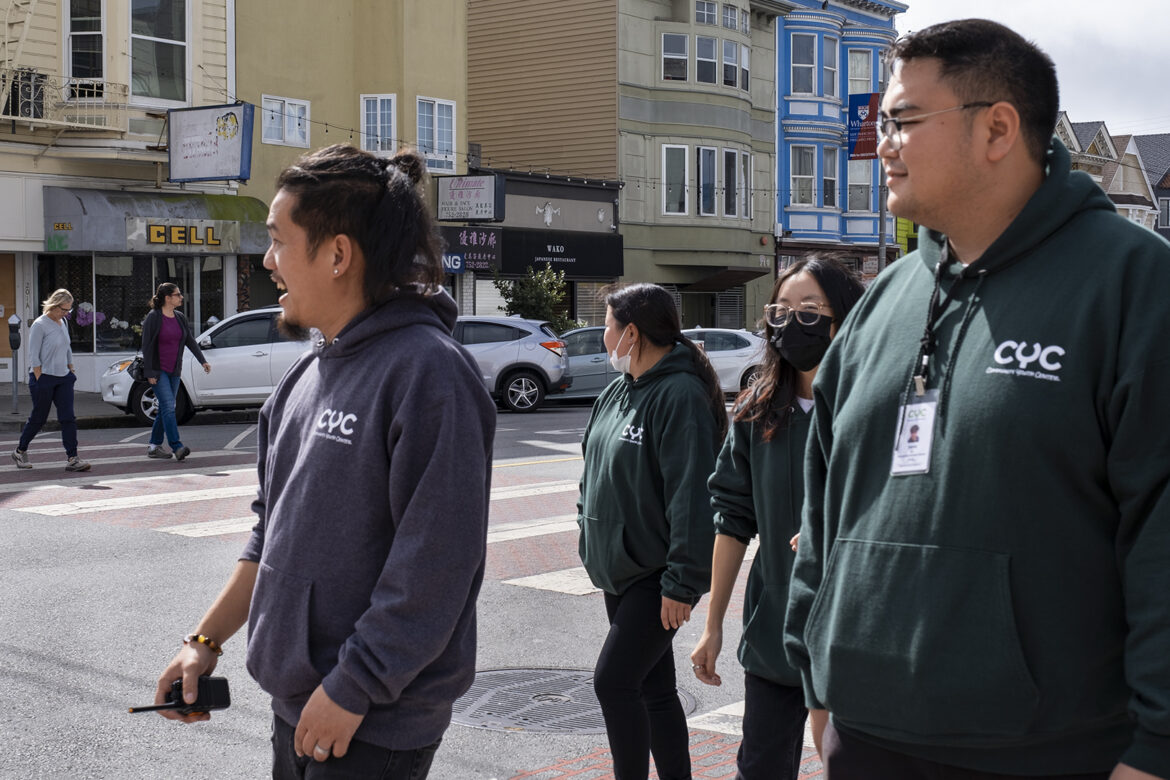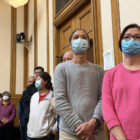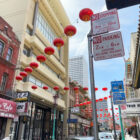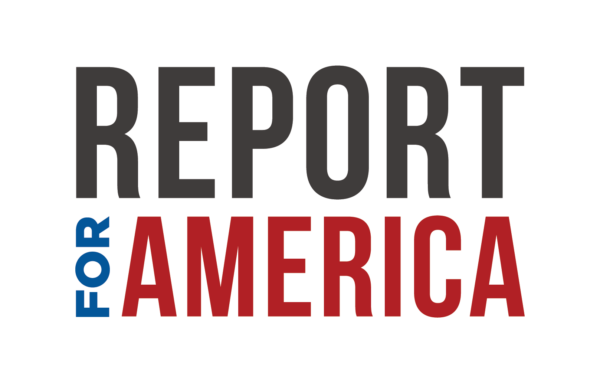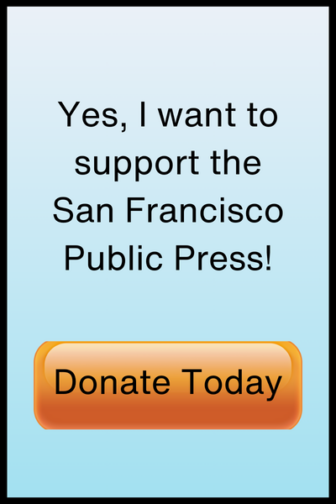This article is adapted from an episode of our podcast “Civic.” Click the audio player below to hear the full story.
San Francisco again faced the specter of anti-Asian hate as two major cases captured public attention this month.
On Friday, Asian American activists and community members rallied at the Hall of Justice against a judge’s decision to grant probation and mental health treatment, rather than issue a harsher sentence, to Daniel Cauich, who in 2021 stabbed Ahn “Peng” Taylor, a Chinese Vietnamese woman in her 90s. That was just weeks after the police department re-opened an investigation into the death of Yanfang Wu, an elderly Chinese immigrant who died after being pushed down on a sidewalk last year.
The cases were reminders of why concerns persist over violence against Asian Americans in San Francisco — and of why the Coalition for Community Safety and Justice still exists.
The coalition, a group of nonprofits serving the Asian American community, formed in 2019 in response to a wave of racially driven attacks. Its goals include increasing public safety through grassroots efforts like community-building and victim support, including for Taylor, Wu’s husband and about 80 other Asian Americans and Pacific Islanders in this past year. The San Francisco Public Press accompanied staff from Community Youth Center, a coalition member, in the Richmond District in late 2023 during one of their frequent outreach events visiting Asian residents and businesses throughout the city.
That day, outreach workers ducked in and out of various stores on Clement Street, home to many Asian-owned businesses.
They tried talking to whomever they met: store owners, employees and sometimes people they passed on the sidewalk. They handed out flyers and small gifts like whistles and electronic keychains that played a siren with the press of a button.
Outreach worker Lida Vatanadilogkul checked in with Thai merchants. “I would let them know that if they need any resources or if they know anybody who has been a victim of a hate crime or other incidents, we are here to help,” she said.
Over the past three years, Vatanadilogkul and her colleagues have taken similar walks through commercial districts with significant Asian populations, acting as a reassuring presence and connecting people with services after harrowing encounters.
“If something happens to you, we will be here,” said Henry Ha, the team’s leader. “We will follow up with you, we will walk you through the hard time to help you to recover and heal.”
Recent data on hate crimes hints that San Francisco has become safer for Asian Americans. There were 60 incidents that merited anti-Asian hate crime charges in 2021 and 14 in 2023, police Sgt. Jamie Hyun said at a February committee meeting of the Board of Supervisors. But because those figures miss many types of potential bigoted behavior, they fail to represent the full public safety situation, Hyun said. Ha has found also that some victims, especially seniors, might not report incidents or seek help after being attacked. Many are immigrants who don’t speak English, which makes it challenging for them to file police reports or navigate the legal system.
But if people don’t talk about what happened to them, Ha said, it could hamper efforts to prevent similar incidents. That’s why one of the team’s aims is to identify crime victims and help them report their experiences. Outreach workers speak many languages — Cantonese, Thai and Tagalog, to name a few — so that they can penetrate diverse communities.
“If you speak the language, you will make a lot of elderly [people] feel more comfortable,” Ha said, “and they will share what happened with you.”
Back on Clement Street, Ha met with Andy Wei, a locksmith whose store had been broken into and vandalized. He later helped Wei secure a $1,000 city grant to repair the damage.
But the team’s work is about more than preventing and responding to crime. Members spend most of their time cultivating relationships. Their hope is that people will feel comfortable reaching out to them when facing situations they do not know how to handle.
“We cannot do all the work by ourselves,” Ha said. “We also need to rely on the community to help each other look out for each other, to let us know who needs help.”
